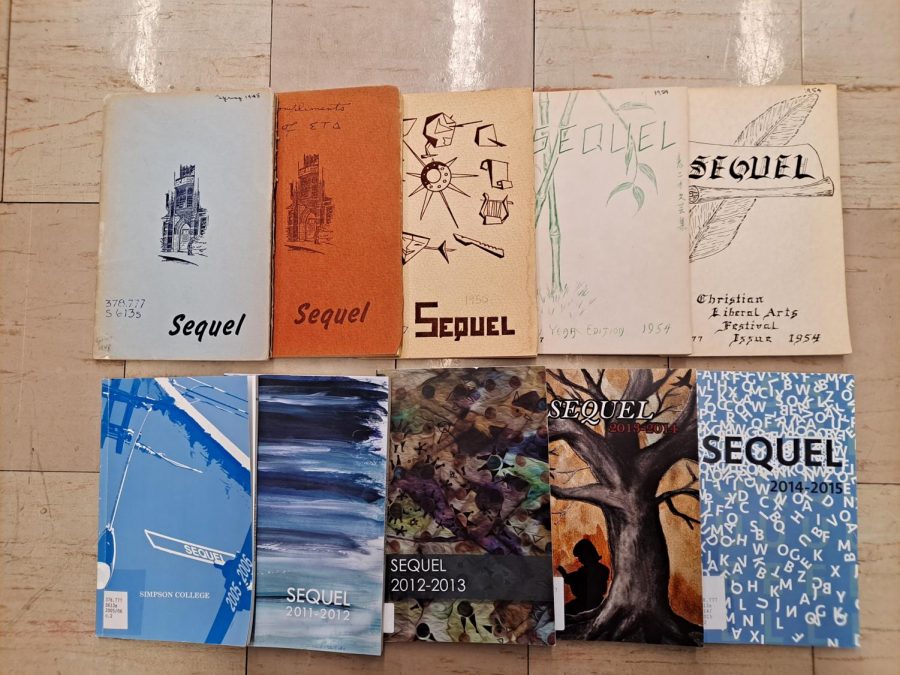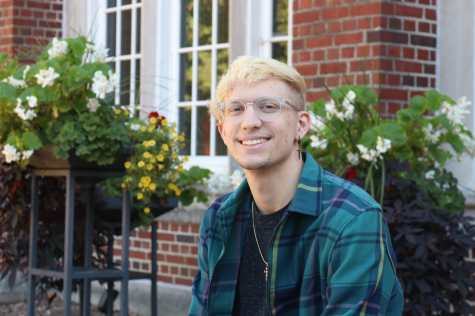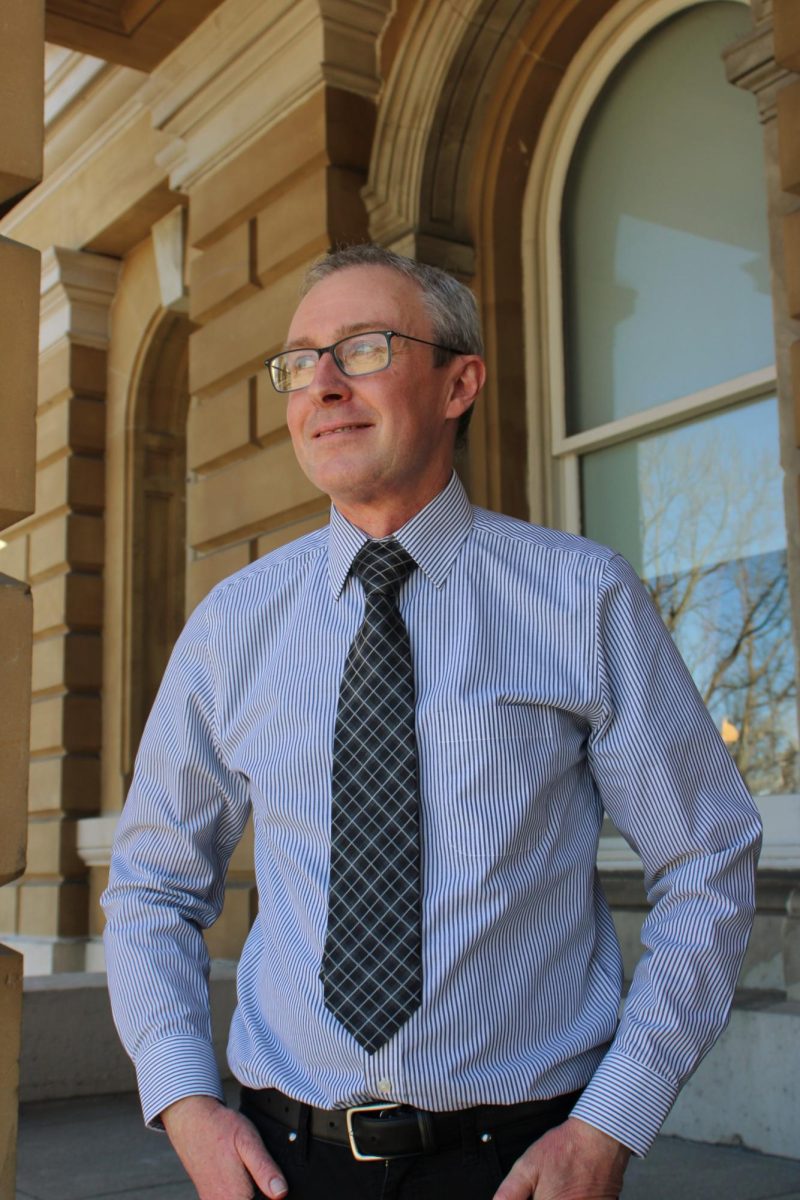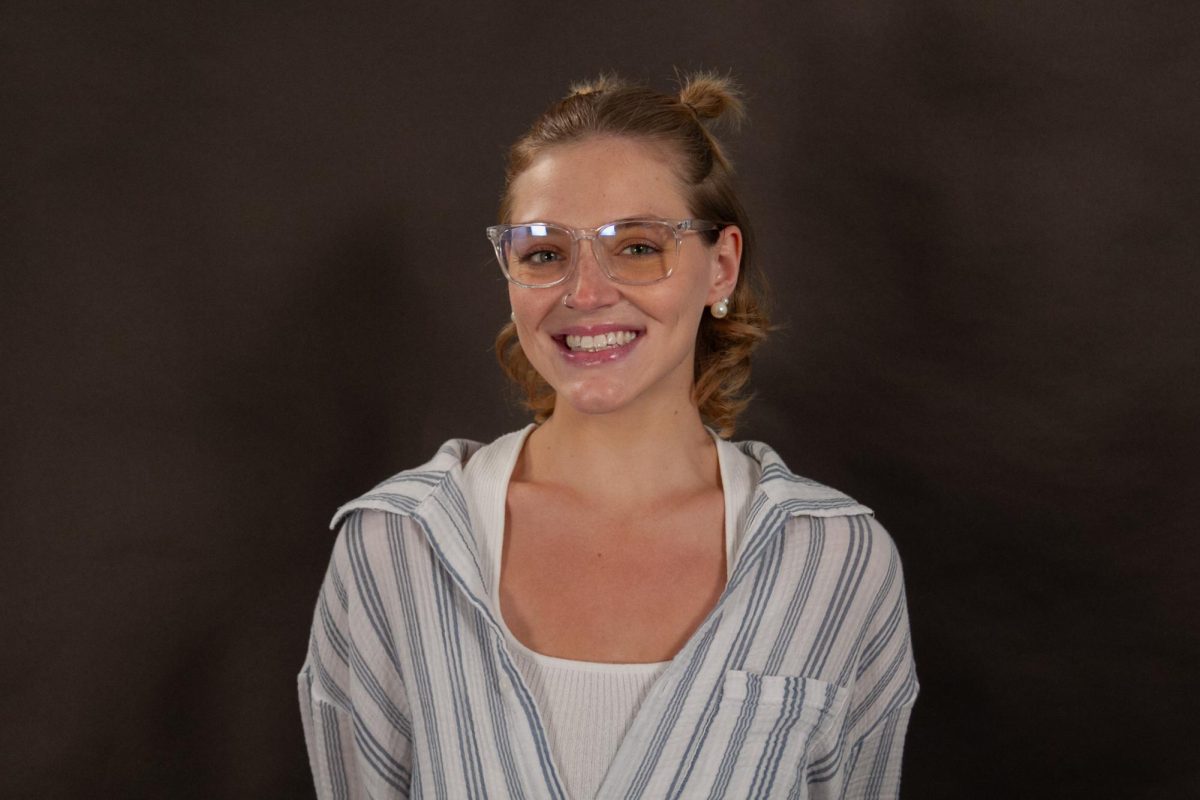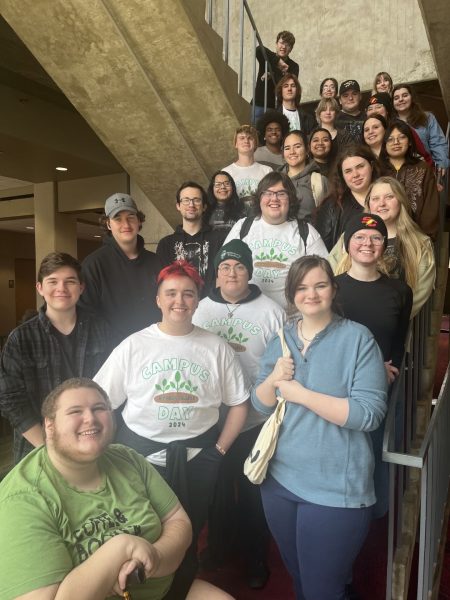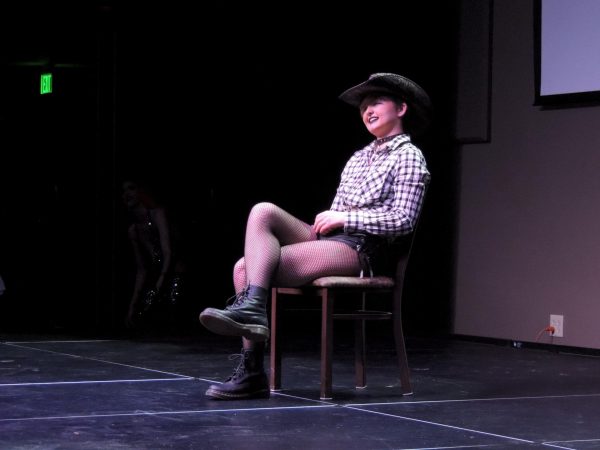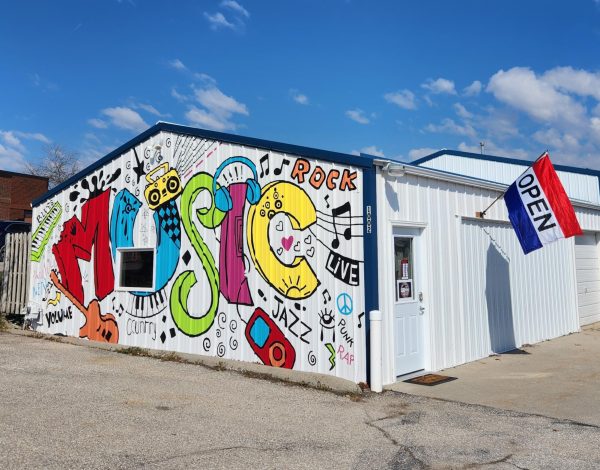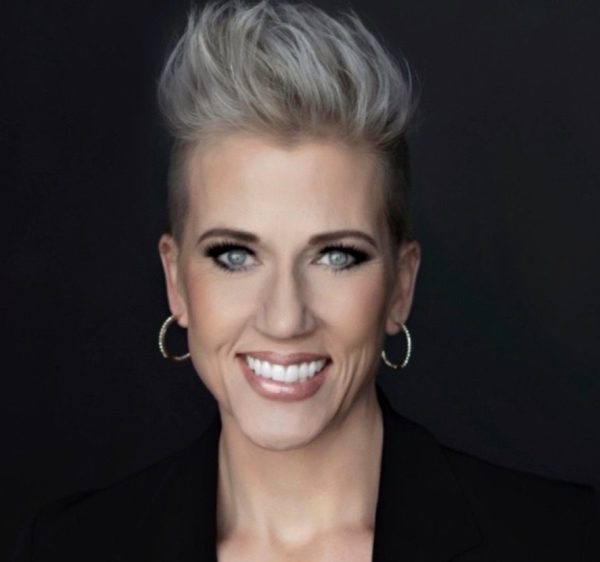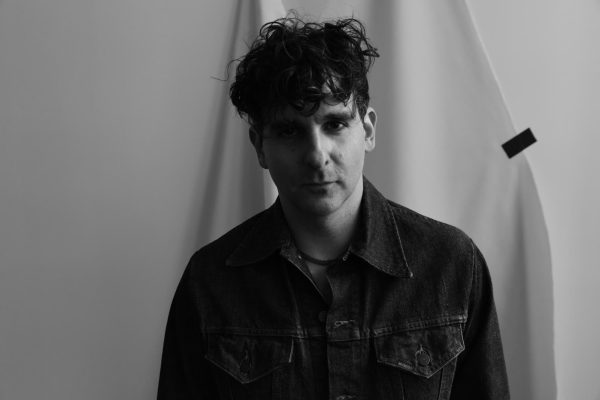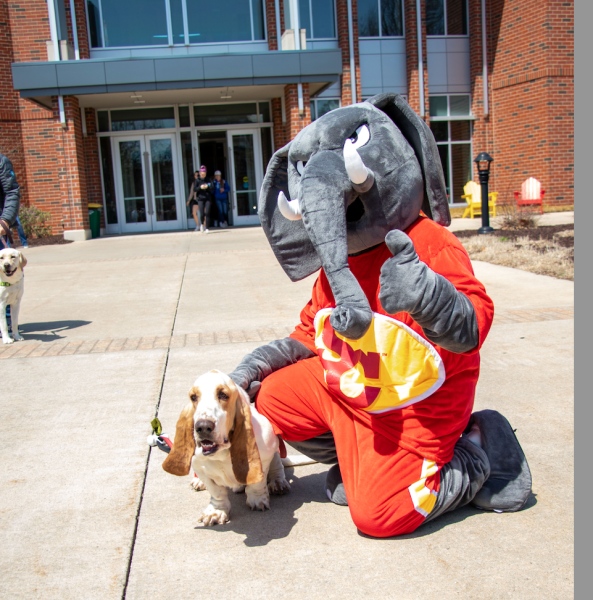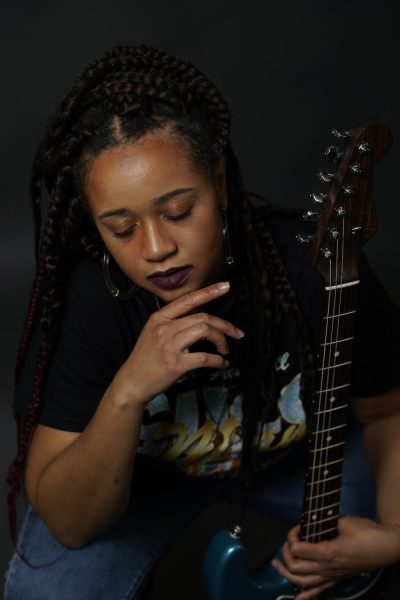Submit to Sequel, Simpson College’s 73-Year-Old Literary Publication
“Sequel” is seeking creative nonfiction, fiction, poetry, art and more for the newest edition.
February 24, 2021
In 1948 Simpson College began a literary and visual arts magazine so that students, faculty and staff could share their creative works. 73 years later, the publication is still open and seeking submissions.
“Its (Sequel’s) continuous presence is most noteworthy, I would say,” Professor of English David Wolf said. “I do not know the origin of its story. Perhaps, as is often the case, students decided to start a literary magazine.”
Sequel is currently seeking submissions of fiction, creative nonfiction and poetry. Sequel is also looking for other media including graphic-style fiction and nonfiction, visual art such as photography, drawing, painting and sculpting, film, video, music and even cartoons.
Deadline for all submissions is March 1.
All guidelines for submissions can be accessed through the Campus Pulse. Students may also contact the staff for more information at [email protected].
Students enrolled in English 285: Creative Writing Workshop make up the editorial team for the magazine. The editorial work is included in the coursework.
“Being on Sequel is pretty beneficial to me in the editing sphere, because reading other people’s work always makes me want to go back and reevaluate my own,” Lex Nickens, a student of English 285 said. “I know I do my best work after reviewing other’s work who may be on different levels than my own, whether lower or higher respectively.”
The editing portion of Sequel provides future writers and editors a chance to improve on their skills and explore areas of the field that they might not have previously had much experience in.
“I’ve also learned a lot more about poetry and critiquing other works. I rarely write poetry, so getting to read and discuss poems from my peers has been very engaging,” Rachel Bieker, another student of the class, said.
Not only does the class give experience for learning writers, it also gives them a chance to better appreciate the skill.
“The first time Professor Wolf referred to me and my classmates as artists, I nearly teared up. For so long, written word has been treated as a lesser art, and this class really helped remind me that artistic forms of expression are not limited only to visual and performing arts,” Nickens said.
Sequel will also begin partnering with the Graphic Design department this year for help with designing the digital magazine and website. Wolf and Sequel hope to continue working with them from this year onward.
While students might initially not be eager to add to the writing they already have to do for classes, Sequel provides an experience for blossoming writers and other artists to see their work in an actual literary publication.
“The publication offers a way for students, faculty, and staff to share their creative works,” Wolf said. “It may be the initial appearance in print for a writer or an artist pursuing publication.”
The 2020-2021 edition of Sequel is planned to be unveiled at the Research and Creativity Symposium in April. Contributors have the opportunity to win a cash prize from their publication.



